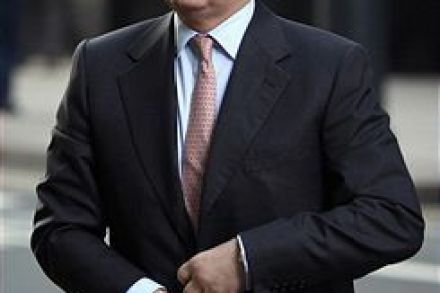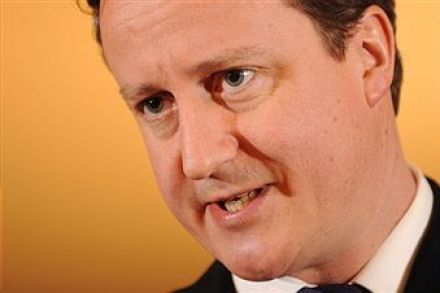The enemies of enterprise
David Cameron’s attack on the “enemies of enterprise”, his version of the “forces of conservatism” shows that he and those around him are still following the Blairite script, at least in terms of rhetoric. But the coalition still needs to decide what it means to be a “friend of enterprise”. There are many in the libertarian ranks of the Conservative Party who believe the state has no business interfering in such matters. The architects of the Big Society remain confused about whether it is possible to encourage a bottom-up approach with a top-down message, or, to put it another way, decentralisation by government diktat. The Big Society, something which I




















